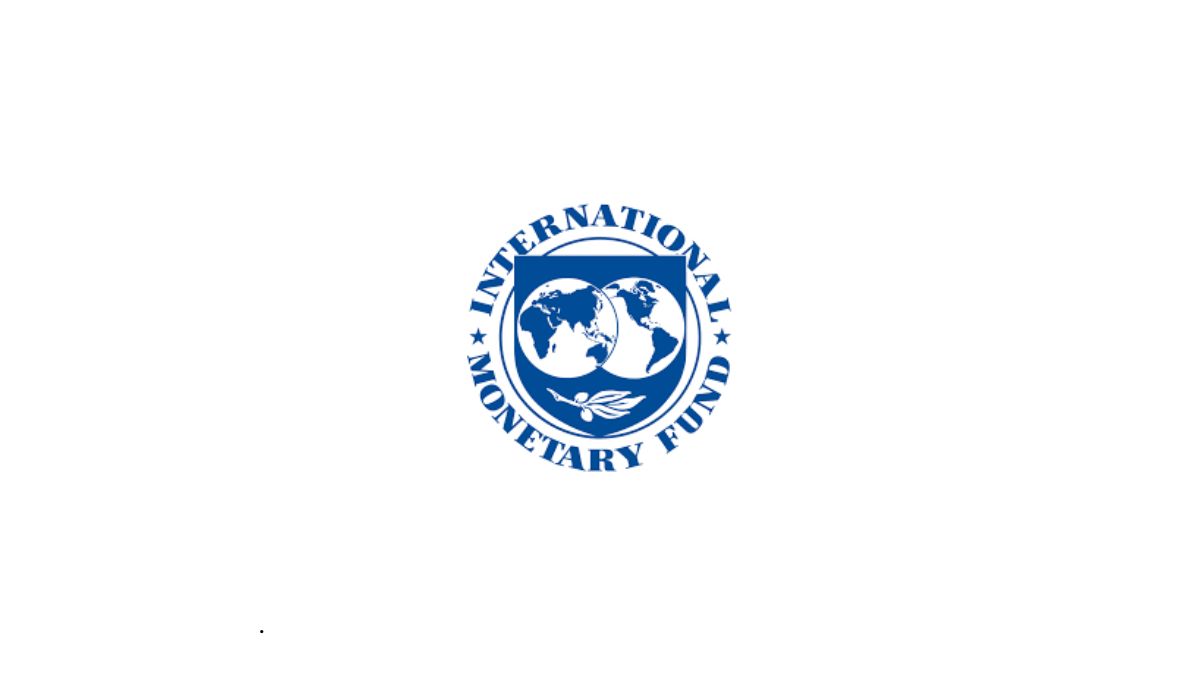As the International Monetary Fund (IMF) approved a $2.3 billion loan package for Pakistan—comprising a $1 billion tranche under the Extended Fund Facility (EFF) and $1.3 billion under the Resilience and Sustainability Facility (RSF)—questions have surfaced over how voting works at the IMF, especially after India abstained from the decision citing concerns of fund misuse for terrorism and a poor reform track record by Pakistan.
Who votes in the IMF Executive Board?
The IMF Executive Board is composed of 24 Executive Directors, representing the 190 member countries. Each country’s vote is weighted based on its financial contribution (quota) to the IMF. The United States, China, Japan, Germany, and India, among others, have some of the largest quotas, which gives them a proportionately higher vote share.
Although each country has a seat or is part of a constituency, decisions are often made by consensus rather than a simple majority or direct yes/no votes.
What does “abstaining” mean?
In cases where a vote is required, countries can either vote in favour or abstain. There is no provision for a formal “no” vote in IMF decisions.
India used this mechanism to express strong dissent without outright blocking the programme.
Why did India abstain?
India cited serious concerns, stating that fungible IMF inflows may be misused by Pakistan for cross-border terrorism. It flagged Pakistan’s poor track record with IMF programmes, noting that the country has taken disbursements from the IMF in 28 of the last 35 years, with four programmes since 2019 alone.
“Had previous programmes been effective, Pakistan wouldn’t be returning to the IMF so frequently,” India argued in its official statement.
India also referred to a UN 2021 report calling military-run businesses the largest conglomerates in Pakistan, adding that the army’s involvement in the Special Investment Facilitation Council (SIFC) continues to raise red flags.
Does India’s abstention have impact?
While India’s abstention doesn’t block the loan approval—since the IMF generally works by consensus—it sends a strong political signal. India used its platform to highlight concerns of geopolitical misuse, hoping to influence the broader conversation around the responsibility of multilateral institutions.
Opposition parties like the Congress argued India should have voted “no,” but IMF rules don’t allow for that. Officials clarified:
“The IMF system doesn’t allow for a vote against. One can only abstain to signal disagreement.”
Final decision
Despite India’s objections, the IMF approved the loan, raising total disbursements under Pakistan’s ongoing $7 billion EFF programme to $2 billion.
India’s stance, however, reflects a growing push for greater accountability and oversight in international financial assistance—especially to countries accused of harbouring or sponsoring cross-border terror.


